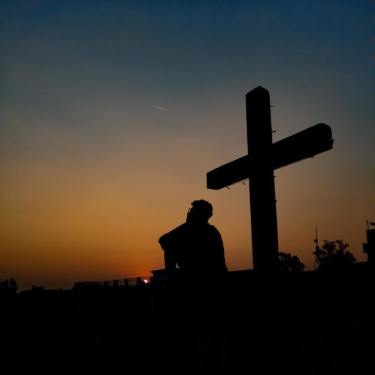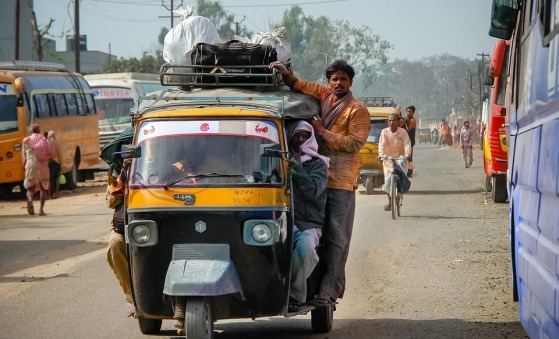
A new report has warned that religious freedom in Armenia, the world’s oldest Christian nation, is facing its most serious challenge in decades, amid claims of growing hostility between Prime Minister Nikol Pashinyan’s government and the Armenian Apostolic Holy Church (AAHC).
The report, produced by international law firm Amsterdam & Partners, accuses the government of running an organised campaign to reduce the Church’s influence ahead of the 2026 elections. It alleges that senior clergy and Church supporters have faced politically motivated arrests, while Church institutions are being undermined through legal and financial pressure.
Among those detained are Archbishop Mikayel Ajapahyan, serving a two-year sentence after publicly criticising government policies, and businessman Samvel Karapetyan, one of the Church’s main benefactors. Karapetyan, whose holdings include Armenia’s national power company, has been in custody since June after expressing public support for the Church.
Despite these tensions, the report notes that the Armenian Apostolic Church remains central to national identity, with nearly 98 per cent of citizens identifying with it.
International voices have expressed alarm over the developments. Lord Jackson of Peterborough, vice-chair of the UK’s All-Party Parliamentary Group on Religious Freedom, described the situation as “deeply troubling.”
“The idea of Christians being imprisoned for defending their faith in the world’s oldest Christian country is frightening,” he said. “The world is watching for any human rights abuses committed against these embattled Christian communities.”
Relations between the Church and government have worsened since Armenia’s 2023 defeat in the Nagorno-Karabakh conflict, which forced more than 100,000 ethnic Armenians to flee their homes. Church leaders have since accused the government of failing to protect Armenian Christians and of neglecting the displaced.
The report alleges that Prime Minister Pashinyan has responded by turning against Church leadership, including His Holiness Catholicos Karekin II, launching what it describes as “a personal mission” to discredit the patriarch and his supporters.
Regional analyst Alison Meuse compared the situation to the Soviet-era persecution of the Church, warning that “history in Armenia appears to be repeating itself.”
Several Christian organisations, including Christian Solidarity International (CSI), Coptic Solidarity, and SOS Chrétiens d’Orient, have appealed for the release of detained clergy and an end to government interference in Church affairs. They accuse authorities of conducting raids, seizing property, and attempting to bring the Church under state control by replacing its leadership with a government-appointed committee.
Prime Minister Pashinyan has rejected the accusations, saying his government is seeking to “rescue the Church from anti-Christian and anti-state elements” within its ranks.
The World Council of Churches (WCC) has also expressed “deep concern,” condemning the use of force in sacred spaces and the detention of clergy. General Secretary Rev. Prof. Dr Jerry Pillay called on Armenian authorities to protect the Church’s “unique and revered role” in the nation’s life and to engage in dialogue rather than confrontation.
As Armenia moves toward the 2026 elections, observers fear that the deepening rift between the state and the Church could further divide society and threaten one of the country’s most enduring symbols of faith and national unity.
Adapted from CT UK.




